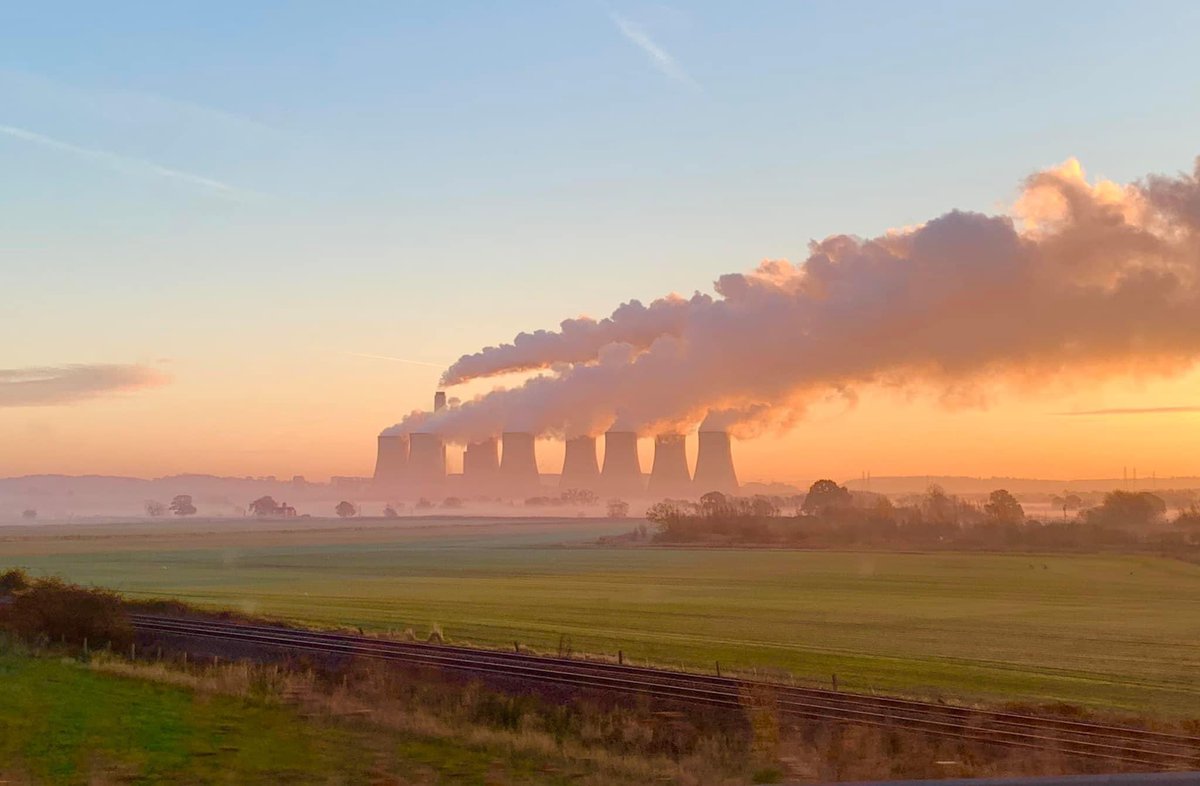
liz chatterjee
@natterjee
Followers
4K
Following
7K
Media
439
Statuses
2K
India, energy + infrastructure history, environment and/vs. development @UChicagoHistory
Chicago/Yorkshire
Joined June 2013
Is there anything new to say about the 1973 oil shock or Indira Gandhi’s India? Here’s hoping so. At long last, my article is out in the AHR: “Late Acceleration: The Indian Emergency and the Early 1970s Energy Crisis.” 1/.
15
137
466
A historic day. Good riddance to coal-fired power in Britain after 142 years!.
A few minutes ago, Unit 4 turbo-generator at Ratcliffe-on-Soar power station desynced from the GB grid system, marking the END of electricity generation from COAL after 142 years 🇬🇧🙏🏻 @RobBurnett92 and I present a 🪡🧵on the evolution of coal fired power from 1882 to today 1/n
1
0
15
Freebie of the day: my new colleague Sam Daly’s exciting new book on militarism as an ideology and a (counterintuitive) legal culture, helping to explain the troubling persistence of military rule across Africa. Ft. oracles, Fela Kuti, and a lot of men in uniform.
Why did so many African countries become military dictatorships in the twentieth century? Militarism promised a utopia, and to some people it still does. Read Soldier’s Paradise: Militarism in Africa After Empire for free here:
1
2
10
This great new paper by @adityaramesh11 complicates cliches about big multipurpose dams reinforcing state power. At Mettur, he shows that hydroelectricity ran up against the irrigation interest of "an older extractive apparatus, that of agrarian property" .
2
6
42
RT @AmHistReview: During the 1970s, rising popular expectations in India collided with the energy crisis to impel a state-led embrace of co….
academic.oup.com
Abstract. The energy crisis of the early 1970s briefly opened up a radically new horizon of energetic possibilities that played out differently around the
0
5
0
Georgia O’Keeffe paints the fossil fuel city (1927-8). Current exhibition “My New Yorks” is well worth visiting at @artinstitutechi
1
0
31
Happy to see @MeeraMahadevan's superb article—which already has dozens of citations as a pre-print—out at last. Her innovative methodology exposes data manipulation and systematic politicization of electricity in India, and its long-term costs, proving what's long been suspected.
1
2
21
RT @LukeTryl: To give you an idea of how significant Labour’s challenges with Muslim voters has been here is the swing in the seats where o….
0
75
0
RT @seantankerous: Justice Gorsuch's opinion refers five times to "nitrous oxide" (aka laughing gas) rather than the entirely different che….
0
1K
0
Life too short for a monstrous 38-page article? There’s also a podcast version, miraculously edited into shape by Matt Hermane from my jetlagged ramblings
historians.org
About the History in Focus Podcast History in Focus is a podcast by the American Historical Review. Go behind the scenes with the world's leading history journal as we explore the who, what, how, and...
2
11
44



















